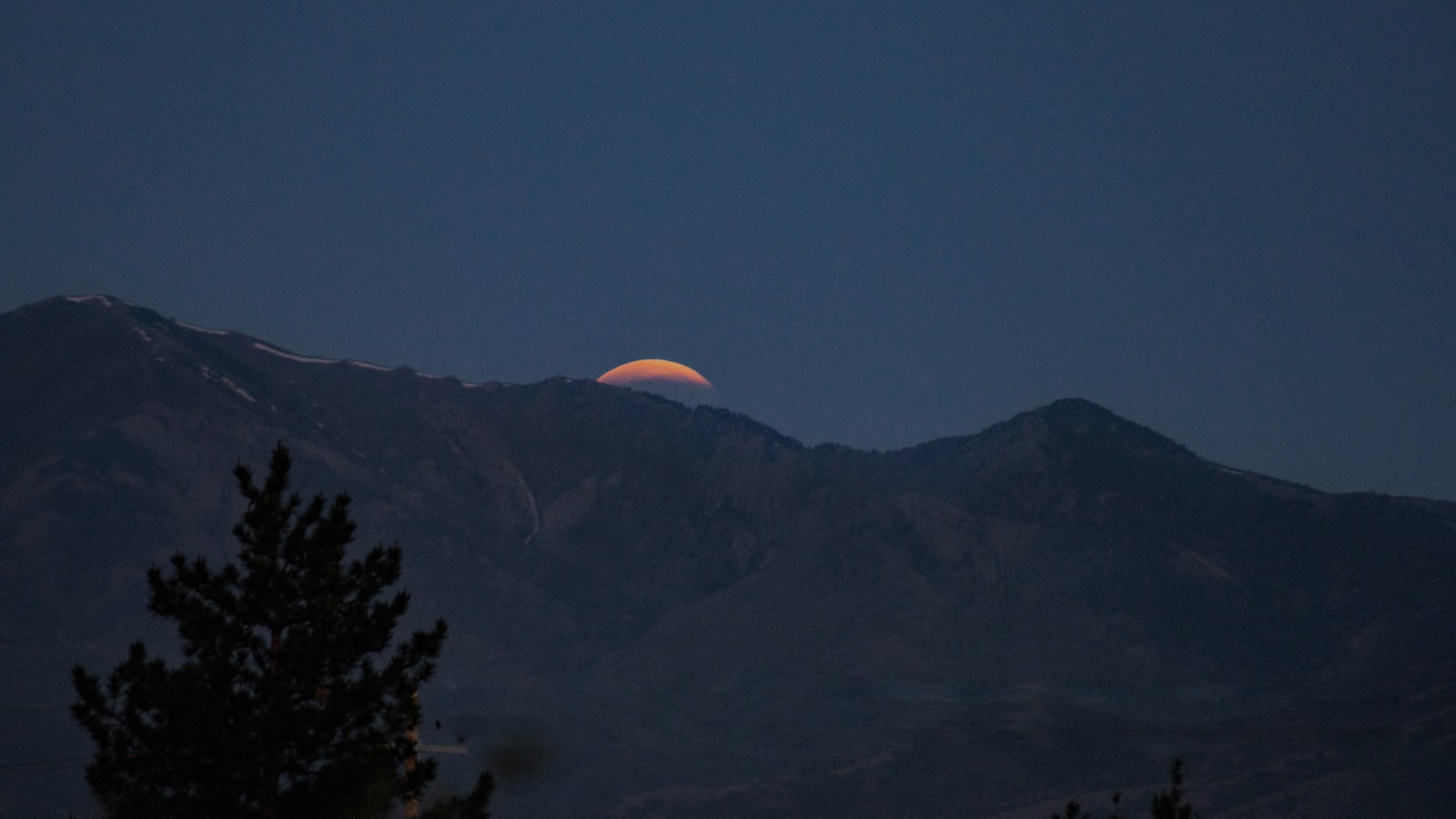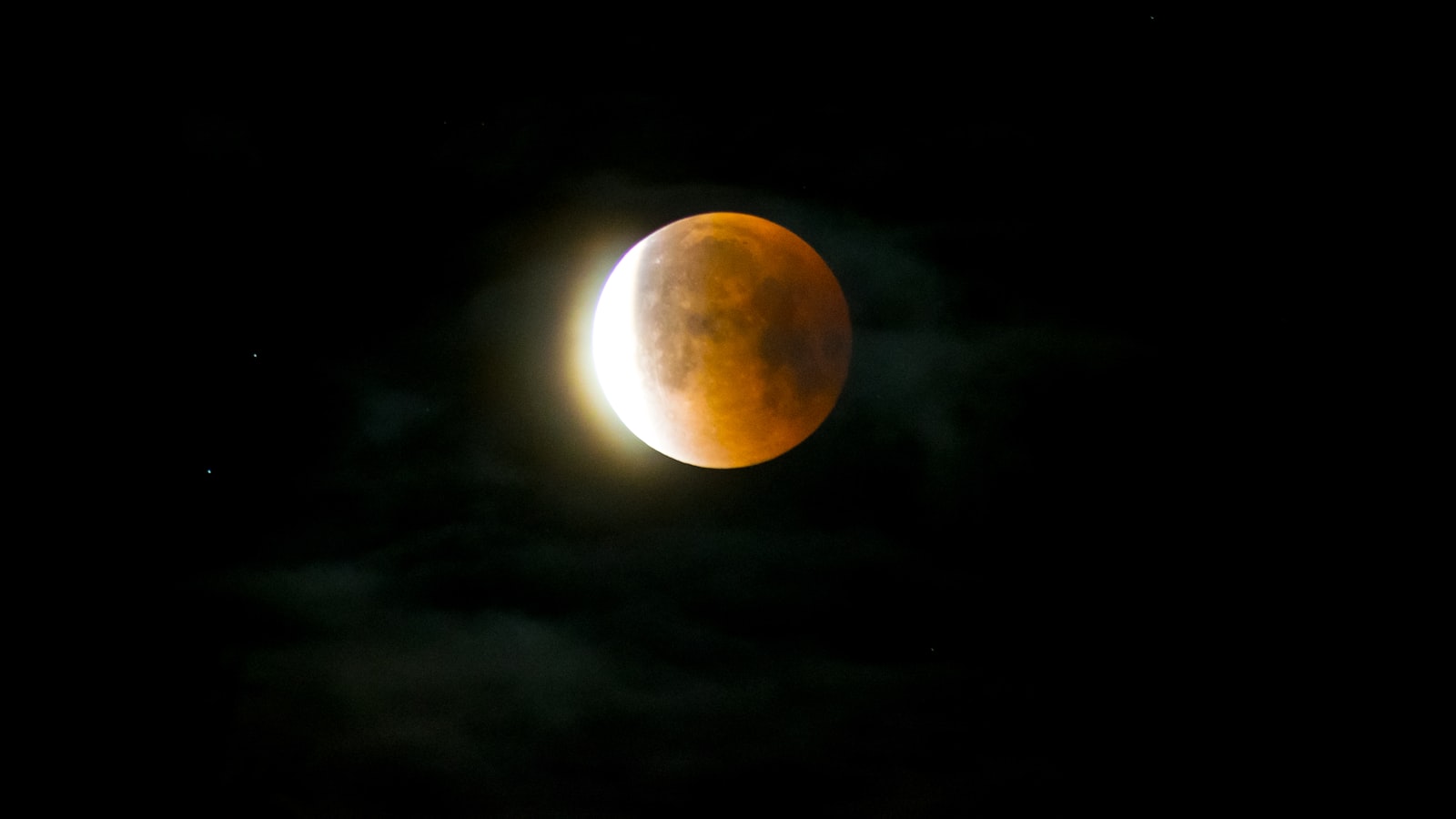The cosmos has a flair for drama, and few events are as theatrical as an eclipse. When the sun and moon decide to tangle in the sky, it’s a celestial dance that captures the hearts and lenses of photographers around the globe. 🌌 Eclipses present a mesmerizing display of natural art, and what better way to celebrate this than through a photography contest? Whether you're looking to showcase your own eclipse photos or plan to host a competition, you're at the right place.
Eclipses have long fascinated humanity. They are moments frozen in time, where light and shadow play across the heavens and inspire awe in even the most well-traveled stargazers. The rarity of these events adds to the allure for photographers who aim to capture the fleeting beauty. This makes eclipse photography contests not just a showcase of skill but of seizing a moment that may not come again for years.

Understanding Eclipses for Better Photography
Before diving into photography contests, it’s essential to know what you’re shooting. There are a few types of eclipses—solar, lunar, total, annular, partial. Each comes with its unique characteristics, making understanding these cosmic phenomena crucial to snapping that prize-winning shot.
For solar eclipses, one can't simply rely on calendar dates. Precise timing is key. Using a tool like eclipse-timer.com helps photographers stay informed about upcoming solar eclipses in their area, getting precise time & date to plan the perfect shot.
Solar Eclipses
- Total Solar Eclipse: The moon completely covers the sun, leaving only the spectacular solar corona visible.
- Partial Solar Eclipse: A portion of the sun is obscured by the moon.
- Annular Solar Eclipse: The moon covers the sun’s center, leaving a ring-like shape.
Lunar Eclipses
- Total Lunar Eclipse: The Earth comes between the sun and the moon, covering the latter entirely.
- Partial Lunar Eclipse: Only part of the moon enters Earth’s shadow.
- Penumbral Lunar Eclipse: The moon passes through the faint outer edge of Earth's shadow.

Hosting an Eclipse Photography Contest
Hosting an eclipse photography contest calls for meticulous planning but can be hugely rewarding. Here's how to go about it:
Step 1: Plan Your Theme and Rules
Start with a theme that resonates with your audience. Whether it’s the raw emotion captured during an eclipse or the stark beauty of the celestial event, your theme will guide your participants in what you’re looking for. Make sure the rules are clear—specify the type of eclipse, the entry window, and how the photos should be submitted. Finally, be clear about the usage rights and how the images will be used post-competition.
Step 2: Assemble a Qualified Judging Panel
The judges of your contest can make all the difference. Enlist the expertise of seasoned photographers, astronomers, or art critics who have an eye for the unique and extraordinary.
Step 3: Promote Your Contest
Utilize social media, photography forums, and local clubs to get the word out. Marketing is crucial; you want to attract as many talented photographers as possible.
Step 4: Evaluation and Awards
Choose a fair and transparent method to assess the entries. It can be a points system or a discussion among judges. The prizes should be enticing enough to motivate high-quality submissions. Consider camera gear, publications in reputable photography magazines, or a dedicated showcase on your platform.
Showcasing Eclipse Photography Contest Results
Once the contest concludes, it's time to showcase the winners—and the extraordinary captures they have submitted.
Creating an Online Exhibition
An online gallery is a fantastic way to display the images. Each photo could be accompanied by the photographer's story and techniques used, creating a narrative that adds depth to the visual display.
Social Media Features
Spotlight the winners and notable entries on social media. This not only celebrates the photographers' work but also increases visibility for your contest and future events.
Engaging with the Community
Encourage discussions about the entries. What makes a winning shot? How did the photographers plan for their images? This forms an engaged community around your contest and builds anticipation for the next one.

Practical Tips for Capturing Stunning Eclipse Photographs
Eclipse photography is not for the faint-hearted—it's a game of precision and patience. Here are some tips for photographers looking to enter contests with their eclipse shots:
- Research and Plan: Use tools like eclipse-timer.com for precise timing. Scouting locations and understanding the eclipse's path is crucial.
- Safety First: Never look directly at the sun without proper eye protection, and ensure your camera gear is equipped with suitable solar filters.
- Equipment Check: A tripod, remote shutter release, and a long lens with a teleconverter can help get those close-up details of the eclipse.
- Practice Makes Perfect: Try capturing the moon at different phases to get a feel for shooting at night with limited light.
Keep Learning and Sharing
Competing in or hosting an eclipse photography contest isn’t just about the opportunity to win; it’s about learning and sharing your passion with a community. It's a chance for photographers to challenge themselves and grow.
Further Resources
To the Stars and Beyond!
In conclusion, eclipse photography contests are about more than just the photographs. They're celebrations of our fascination with the cosmos, an opportunity to learn, and a way to connect with like-minded souls. Whether you're behind the lens or curating the contest, there's a whole universe out there waiting to be captured. So charge your batteries, set your alarms with eclipse-timer.com, and get ready for the next cosmic event.
What are your thoughts on eclipse photography, or maybe you have a go-to strategy for capturing these phenomenal events? Share your perspectives and let's create a thriving community of sky watchers and shutterbugs. Clear skies! 🌠



















